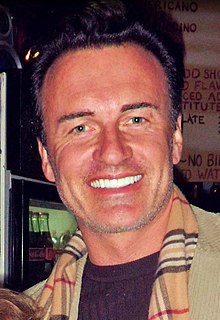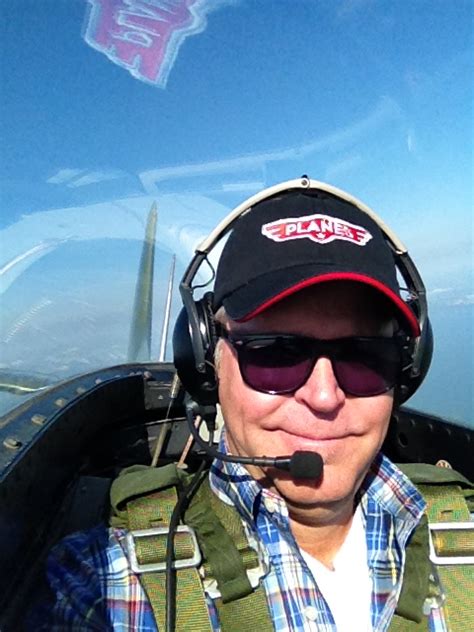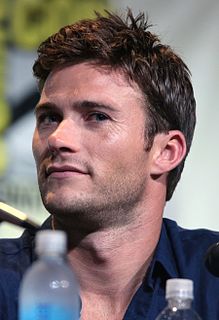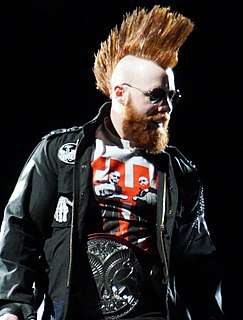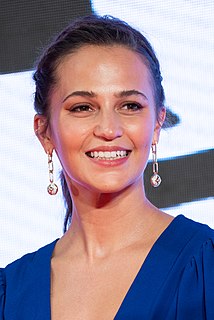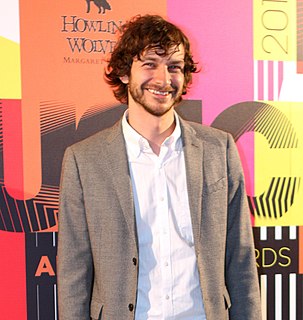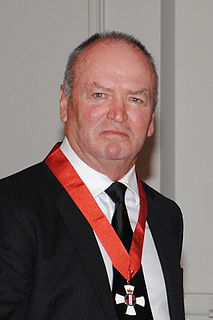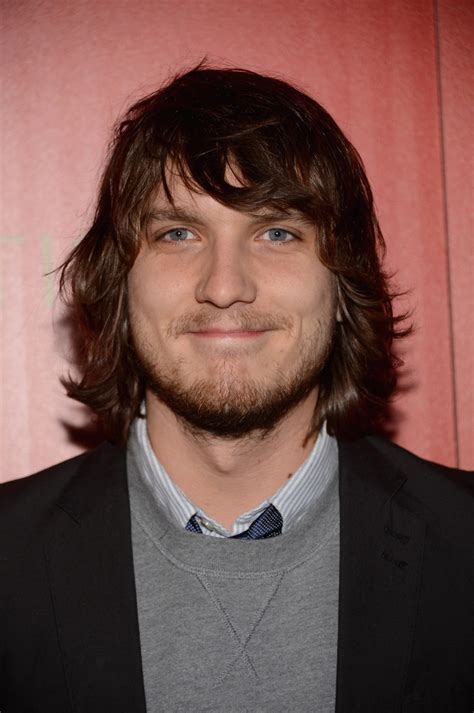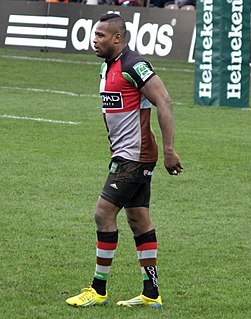A Quote by Anne Enright
If you can just actually let the character be for a bit, then you get the right sense.
Related Quotes
The main thing about the character [in the Ordinary World] is that he loves music, and he shares it with his daughter. He's having a mid-life moment, and it's a small moment, really. I think that the character actually really loves where he's at, in his life. He's just trying to have it make a little bit more sense while he figures out what he actually wants to do with it.
When I'm writing obviously I have all the nostalgia in the world, I have all the emotion in the world, but then when I actually perform, I need to just perform it, and that's it. I do retain like a little bit of it because I have to, I sing and perform the songs so I have to - it's a performance of the songs - but I just have to get the right balance.
So actually what that was able to do was twofold. For me, it helps illustrate what DTS is capable of doing right from the beginning. And secondly, technically, it actually gave us a little bit more time so we could just finesse some effects and things like that, because when you release theatrical, you actually get a bigger window than if you're DVD when you have to have it done sooner so they can press the DVDs and all that kind of stuff.
Think about 'GoodFellas': It could be a textbook on how not to write a screenplay. It leans on voice-over at the beginning, then abandons it for a while, then the character just talks right into the camera at the end. That structure is so unusual that you don't have any sense of what's going to happen next.
We brainstorm an idea and then we do flesh it out a little bit - we come up with a script, mostly to have beats and a sense of a story and a narrative arc. Often when we get into the space and onto the location, that changes and something we discover in the moment becomes the moment, becomes the story, becomes the character.

